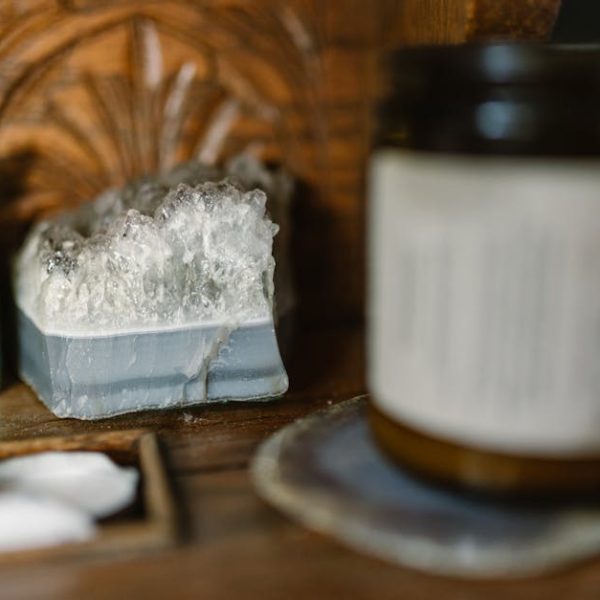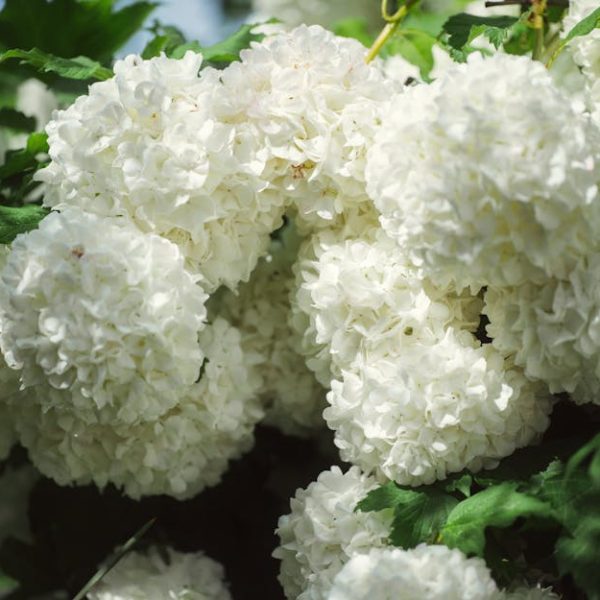Cucumber growers, do you want a rich, bountiful cucumber garden? Epsom salt, or magnesium sulfate, is a secret weapon that helps achieve just that! This mineral-based, supercharging supplement is beneficial for your cucumbers. Packed with essentials like magnesium and sulfur, it helps provide your cucumber plants’ nutrients, facilitating their optimal growth. So, let’s delve into how leveraging the innate benefits of Epsom salt can help your garden flourish.
Understanding the Significance of Epsom Salt for Cucumber Plants
Epsom salt is no ordinary salt. It’s a superior supplement that nurtures plants, specifically cucumbers, in unique ways. Two primary nutrients in Epsom salt – magnesium and sulfur – are crucial for plant development.
- Magnesium: This nutrient plays an instrumental role in photosynthesis, helping plants soak up sunlight more effectively and create food for growth.
- Sulphur: It assists in the production of vitamins, promotes root growth, and contributes to overall plant vitality.
Pro Tip: Pale leaves, slow growth, and low yield indicate a deficiency of magnesium and sulfur. Regular use of Epsom salt can help combat and prevent these symptoms.
The Science Behind Homemade Epsom Salt Fertilizer
So why Epsom salt for cucumbers? Epsom salt aids in better nutrient absorption, making it an invaluable addition to your gardening regimen. When dissolved in water, the roots absorb magnesium and sulfur from the Epsom salt, subsequently enhancing their overall nourishment. Plus, you get the added satisfaction of creating something beneficial from scratch!
However, like any fertilizer, it’s important to use Epsom salt judiciously. Using in excess might result in magnesium buildup, possibly leading to nutrient imbalance.
- Advantages of homemade Epsom salt fertilizer include cost-effectiveness, easy preparation, and direct control over quality and quantity.
- On the flipside, possible disadvantages include time consumption, potential measurement errors, and the aforementioned risk of nutrient imbalance if not used appropriately.
Best practice? Start with a moderate amount and adjust based on the response of your cucumbers.
Preparing Your Homemade Epsom Salt Fertilizer
Ready to create your own Epsom salt fertilizer? It’s easier than you might think! You’ll need Epsom salt, water, and a spray bottle or watering can.
- Measure: Start with a tablespoon of Epsom salt per gallon of water for a balanced mixture.
- Mix: Stir the mixture until the Epsom salt dissolves completely.
- Store: Pour the solution into your watering can or spray bottle.
Pro Tip: Store leftover fertilizer in a cool, dry place to keep it effective. Remember, shake well before the next use!
The magic of garden-boosting Epsom salt is now ready for your cucumber plants. And applying it, as we will discuss next, is as straightforward as its preparation!
Applying Your Homemade Epsom Salt Fertilizer to Boost Cucumber Yield
To unlock the full power of your homemade Epsom salt fertilizer, correct application is key. Here’s how to get it right:
- Timing: Fertilize your cucumber plants at the initial planting stage, and then every two weeks using your homemade Epsom salt solution during the growing season.
- Placement: Aim to water at the base of the plant to ensure that both the roots and the surface soil around the plant receive the nutrient-packed solution.
- Method: Use a gardening spray bottle or watering can to evenly distribute the Epsom salt solution.
The right balance between the amount, timing, and method of application can make a noticeable difference:
- Homemade Epsom salt fertilizers are cost-effective, easy to apply, and allow for control over the concentration.
- Commercial fertilizers, on the other hand, can be expensive, may contain additional unneeded nutrients, and require careful following of application instructions to avoid nutrient burn to your plants.
Remember, every garden is unique. Be patient, observe the growth of your cucumber plants, and adjust as needed.
Maintaining a Healthy Cucumber Garden with Epsom Salt Fertilizer
A productive cucumber garden doesn’t happen overnight – it requires consistent effort and attention. Using your homemade Epsom salt fertilizer to maintain the nutrient level in your garden soil is key for sustainable growth:
- Check your garden soil regularly and add Epsom salt when the symptoms of magnesium and sulphur deficiency start to appear.
- Reapply your homemade Epsom salt fertilizer every two weeks during the growing season, and adjust the frequency based on the response of your cucumber plants.
Pro Tip: Some common cucumber gardening issues might include nutrient deficiency, pests, and disease. While Epsom salt can’t directly address all of these issues, a well-nourished and strong plant is more likely to ward off pests and disease. Regular use of your homemade Epsom salt fertilizer can be a proactive step towards a healthy, productive cucumber garden!
The secret of a flourishing cucumber garden lies in the routine. So, get your gloves and watering cans ready, dial in that perfect Epsom salt mixture, and let your cucumbers thrive! Happy gardening!
Key Takeaway:
- Epsom salt, rich in magnesium and sulfur, serves as a superior supplement for cucumber plants, aiding in their nourishment and growth.
- Homemade Epsom salt fertilizer can help cucumber plants absorb nutrients better, resulting in healthier, robust plants.
- The use of homemade Epsom salt fertilizer should be judicious to avoid nutrient imbalance.
- Regularly assessing the health of the cucumber garden and applying Epsom salt periodically can help maintain a flourishing garden.
Keep up with your garden nurturing routine, monitor your cucumber plants for any signs of nutrient deficiency, and use the homemade Epsom salt fertilizer appropriately. With patience and consistency, you can revel in the joy of a productive cucumber garden. You have the capability to stir magic into your garden with your homemade Epsom salt solution!
FAQs
Q: Can Epsom salt be used for other plants as well?
A: Epsom salt can indeed be beneficial to a wide variety of plants besides cucumbers due to its rich nutrient composition. However, it’s important to research specific plant needs as not all plants may require additional magnesium and sulfur.
Q: Is there any specific type of Epsom salt needed for the homemade fertilizer?
A: No, standard Epsom salt available in drugstores or gardening centers will work fine for making homemade fertilizer.
Q: What if there is an overuse of Epsom salt on my cucumber garden?
A: Overuse of Epsom salt can lead to a buildup of magnesium, potentially causing a nutrient imbalance. If you suspect you’ve overused Epsom salt, consider reducing its application and observe changes in your plants.
Q: Can I replace all other fertilizers with Epsom salt in my cucumber garden?
A: While Epsom salt is beneficial to cucumbers, it’s not a complete replacement for all other fertilizers. It should be used as a supplement to an existing well-rounded fertilizing plan.
Q: Is the homemade Epsom salt fertilizer safe for all types of soils?
A: Generally, Epsom salt can be safely used in all soils. However, it’s always wise to perform a soil test before applying any new fertilizer to understand your soil’s specific nutrient requirements.
Feel free to share this article with other gardening enthusiasts. Don’t forget to explore more posts on our website to aid you in your gardening journey.






